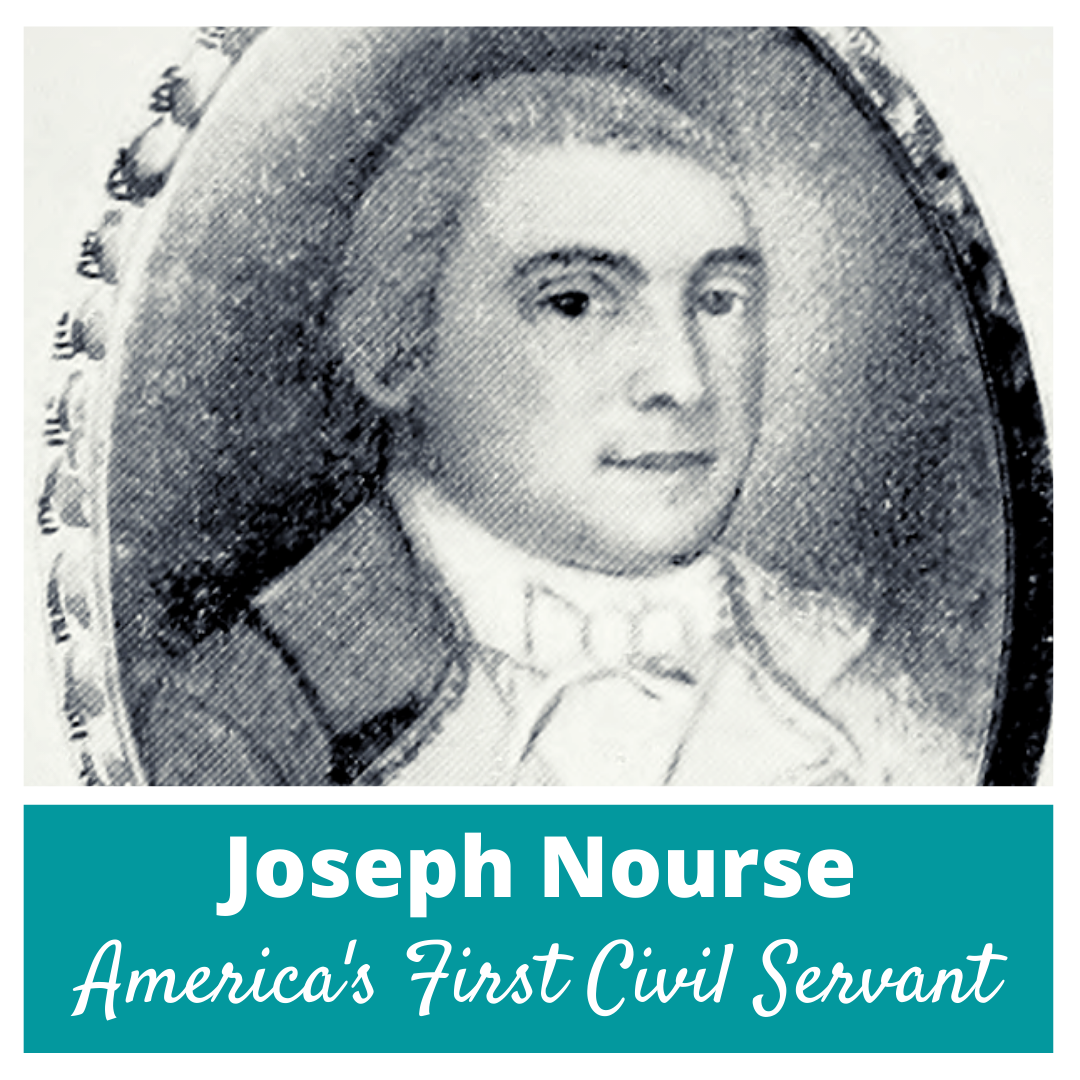Cato - A Summary (The Anti-Federalist Papers)
A review of the seven Anti-Federalist Papers written by an anonymous author under the pseudonym Cato.
Cato
The Essays of Cato were a series of Anti-Federalist Papers published in New York City between September 26, 1787 and January 3, 1788.
Although the author remains anonymous, most historians agree these Papers were written by then-Governor George Clinton.
The following is a brief summary of each essay.
Cato I
The opening Paper gives readers a general analysis of the situation and suggests that people are smart enough to review the Constitution and make up their own minds on the subject.
Cato II
The second Paper puts the topic at hand on hold to discuss the Federalists themselves. Specifically, he rebuffs the attacks of Caesar (Alexander Hamilton) by rightfully pointing out how arrogant and aggressive the writing is. (Hamilton would get the hint and soon after begin using a milder tone writing the Federalist Papers.)
Cato III
In this Paper, Cato repeats a popular Anti-Federalist talking point that the United States covers too big a land mass, and has too many people, for a republic to work properly. Additionally, he attacks the Southern States for what he perceives are their aristocratic tendencies.
Cato IV
Next, Cato attacks the office of President, saying that the mode of election is vague and his powers when the Senate is out of session could lead to the creation of a High Court in the vein of European Monarchs.
Cato V
In the fifth Paper, the author brushes off Federalist arguments that tyranny would never come to the United States because the Americans are accustomed to being a free people before criticising the mode of election to (and number of members in) Congress.
Cato VI
Cato moves next to the apportionment of taxes, demonstrating that the burden of paying for the National Government would fall heaviest on the lower classes of citizens.
Cato VII
Cato concludes his discussions with a criticism of Congress' ability to determine the time, place and manner in which elections are held.
This series is only part of my regular publications, so…
If you want to keep up with all the Founders, make sure you subscribe to my daily newsletter here:






